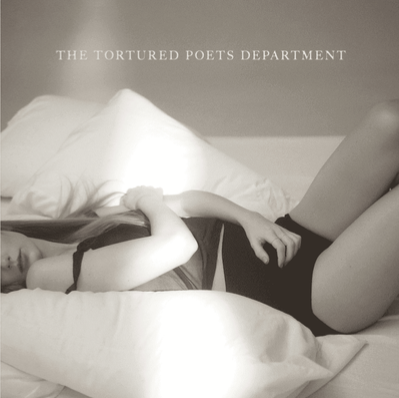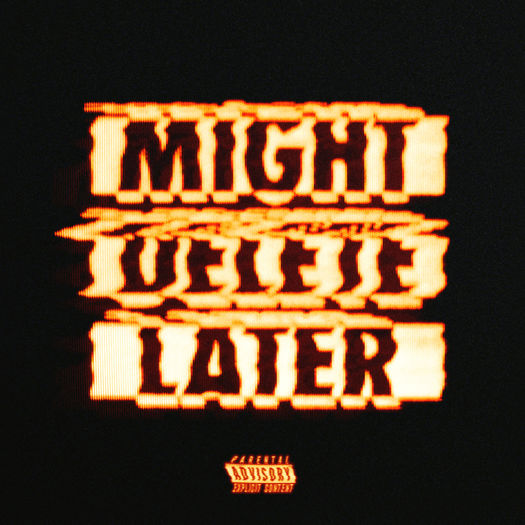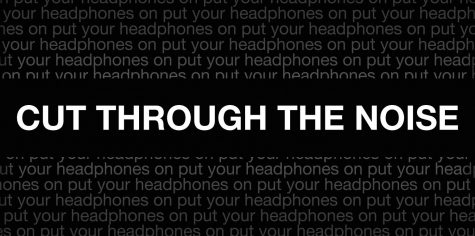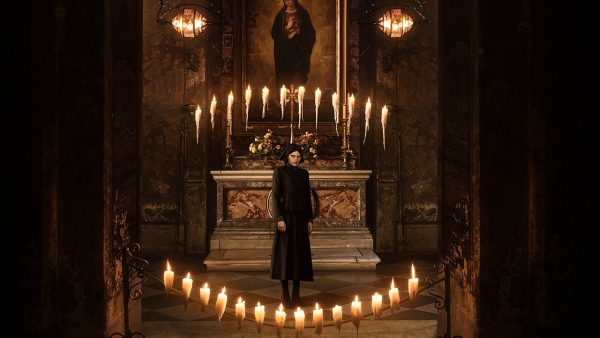Bruno Mars brings back the 80’s
Artist reinvents himself with new album, “24K Magic”
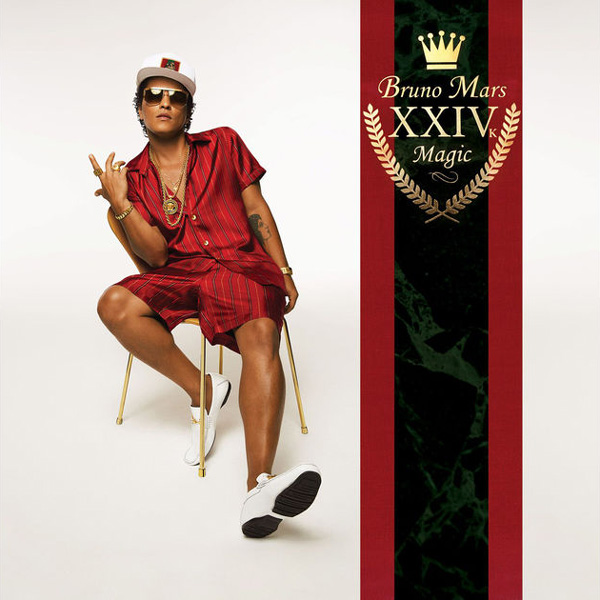
Fair use from Atlantic
December 9, 2016
In the wake of his 2012 sophomore album and a colorful halftime show at the 2016 Super Bowl, Bruno Mars explodes back onto the pop music scene with his new record “24K Magic.”
“24K Magic” finds Mars utilizing the sounds of 80’s R&B and hip hop − a major jump from his previous release “Unorthodox Jukebox,” which dabbled in the genres of new wave rock and 70’s pop.
Mars provided listeners with a hint of this new sound on Mark Ronson’s 2015 album “Uptown Special,” on which he both sang and co-wrote several tracks.
The record’s instrumentals feature smooth basslines, energetic synth riffs and drum machine-produced beats. The techniques and style used by the album’s production team hints at influence from legends such as Jimmy Jam, Terry Lewis and Quincy Jones. The return of this style into modern music has been a recent trend amongst current records, most notably with singles such as The Weeknd’s “I Can’t Feel My Face” and Macklemore’s “Downtown.”
The lyrical content of the album shows Mars taking on a cocky new persona – even the cover artwork itself portrays Mars posing in an extravagant outfit sporting gold chains and white loafers.
The album opens up with its vibrant title track, containing styles reminiscent of Montell Jordan. Mars and his background vocalists set the tone for the album, chanting lyrics such as, “Twenty four karat magic in the air/Head to toe soul player.”
Mars slows the record’s tempo halfway through the tracklist with the more emotional “Versace On The Floor.” Mars sings over a Michael Jackson-esque instrumental consisting of electronic piano chords and arpeggiated synth riffs.
“”24K Magic strongest moment exists in the 7th track “Calling All My Lovelies.” With the help of harmonized background vocals and a Prince-style beat, Mars expresses a feeling of disbelief and uncertainty over a recent heartbreak to the audience.
The record closes “Too Good To Say Goodbye,” a Motown sounding ballad in which Mars pleads with an apparently estranged lover to not end their relationship. Relying on a grand piano, live acoustic drums and orchestral strings, “Too Good To Say Goodbye” breaks away from the 80’s R&B sound of the rest of the album.
Despite its strong production, “24K Magic” falls short in several crucial areas. Contrary to his previous work, Mars’s lyrics in “24K Magic” focus mostly on superficial subjects such as partying and his wealthy lifestyle. In terms of composition, Mars does not shine to his full songwriting potential. He relies solely on sounds established by other musicians and brings almost nothing original to the table.
Although the record lacks substance and creativity, 24K Magic serves as a testament to Bruno Mars’ chameleonic ability as a musician and entertainer while paying tribute to one of the most exciting genres in music history.
Rating: 4/5





